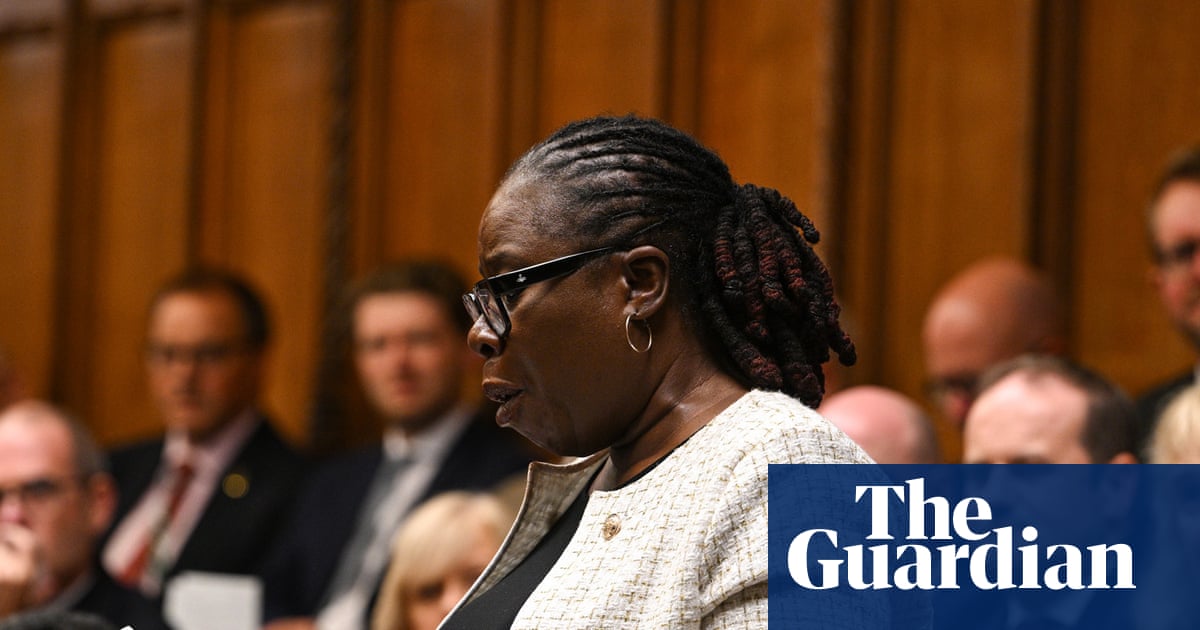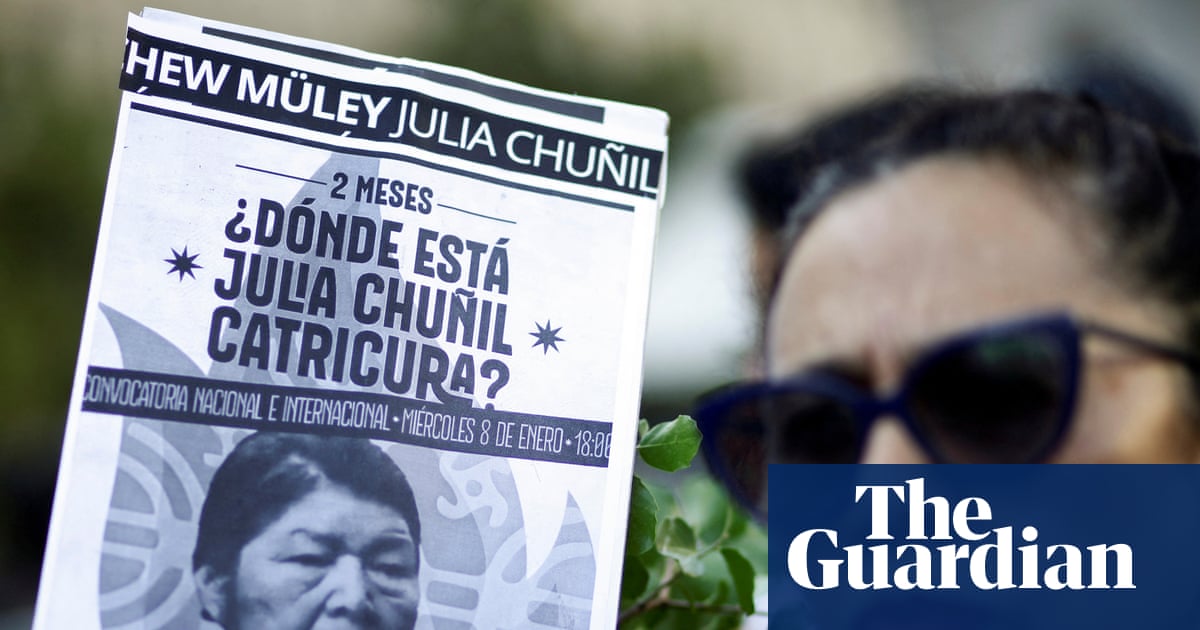Ministers could cut the amount a British citizen or settled resident must earn to apply for a partner’s visa but that would result in a rise in net migration, a report by the government’s independent immigration panel has said.
The migration advisory committee said that ministers could set any future minimum income threshold between £23,000 and £25,000. Since April 2024, applicants have had to earn at least £29,000 to apply for a visa for their partner.
The panel has suggested scrapping a Tory plan to raise the minimum income threshold for family visas to £38,700, saying it would conflict with human rights laws.
The committee gave some options, including that a threshold of £24,000 to £28,000 could give more priority to economic wellbeing, such as by reducing the burden to taxpayers, than to family life.
It also suggested a threshold of £23,000 to £25,000 could ensure that families could support themselves without necessarily requiring them to earn a salary above the minimum wage.
The committee said lowering the amount to £24,000, for example, could mean an increase of about 1-3% of projected future net migration.
The Conservative government of the former prime minister Rishi Sunak planned to introduce the higher threshold for family visa applicants to be equivalent to the skilled worker level.
But the committee’s report said: “Given the family route that we are reviewing has a completely different objective and purpose to the work route, we do not understand the rationale for the threshold being set using this method.
“We do not recommend the approach based on the skilled worker salary threshold as it is unrelated to the family route and is the most likely to conflict with international law and obligations (eg article 8).”
Article 8 of the European convention on human rights is the right to private and family life that can be applied to migration cases in the UK.
The UK’s current £29,000 threshold is high compared with other high-income countries reviewed by the committee.
The committee’s chair, Prof Brian Bell, said: “While the decision on where to set the threshold is ultimately a political one, we have provided evidence on the impacts of financial requirements on families and economic wellbeing, and highlight the key considerations the government should take into account in reaching its decision.”
The committee advised against raising the threshold for families with children as, despite them facing higher living costs, the impacts on family life appear “particularly significant” for children.
It also recommended keeping the income amount required the same across all regions of the UK.
The committee also said their review was “greatly hindered” by insufficient data and urged for better data collection by the Home Office on characteristics of each applicant to be linked to outcomes to inform further policy decisions.
Campaigners welcomed some recommendations but are disappointed that the committee has not suggested scrapping the minimum income threshold, which they say keeps families in separate countries.
Caroline Coombs, the co-founder of Reunite Families UK, said there should be no minimum income requirement (MIR), given its impact.
“Any threshold even at minimum wage would still separate many groups of people who just want to be a family here in the UK.
“We were struck by the MAC’s acknowledgment that any decision on the MIR is a political decision. For this reason, we are calling on the home secretary to have the political courage to change a system … destroying the lives of British and settled residents and their children for over a decade,” she said.
A Home Office spokesperson said: “The home secretary commissioned the independent migration advisory committee to undertake a review.
“We are now considering its findings and will respond in due course. More broadly, the government has already committed to legislate to clarify the application of article 8 of the ECHR for applicants, caseworkers and the courts.”

.png) 3 months ago
58
3 months ago
58

















































